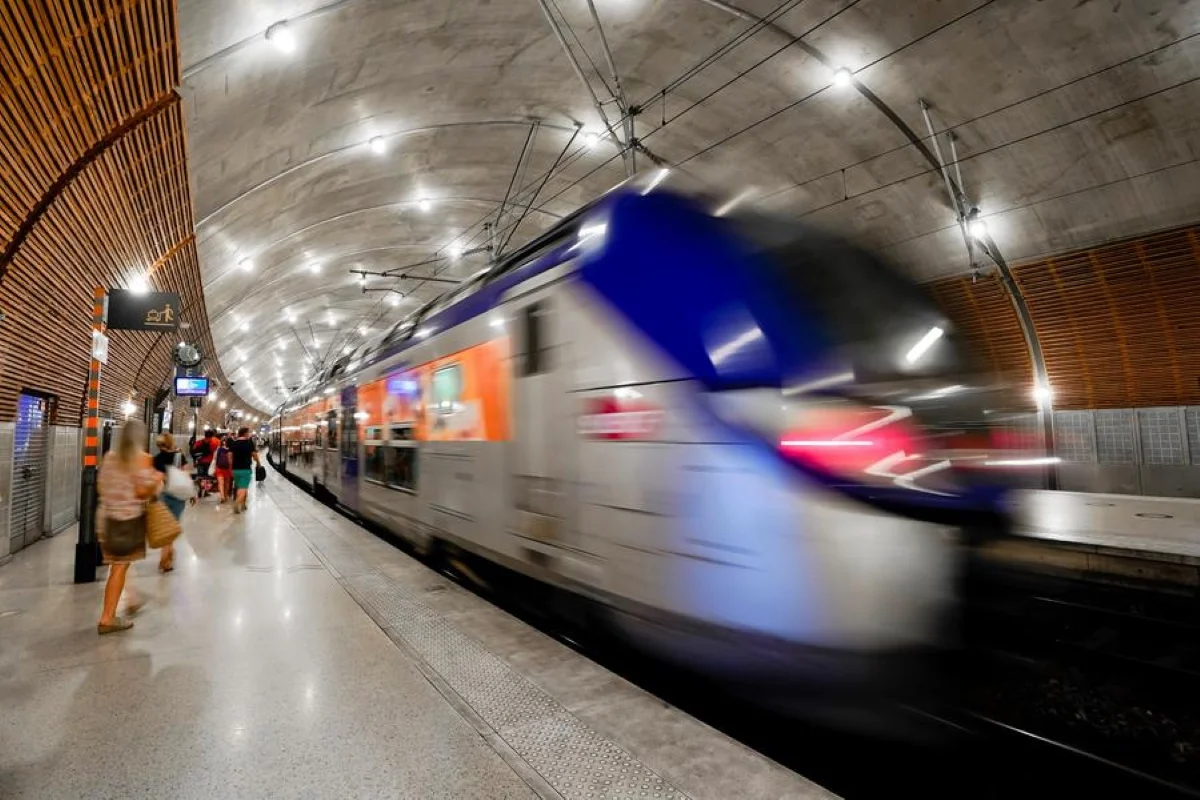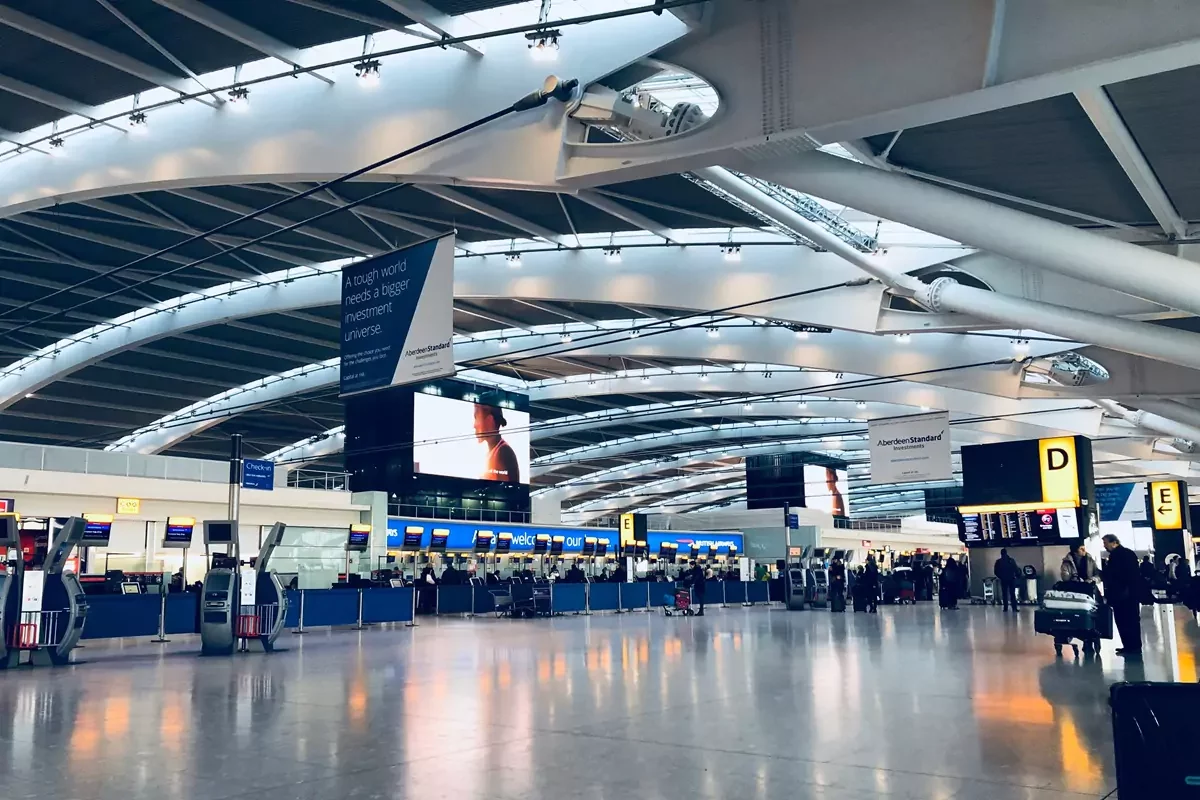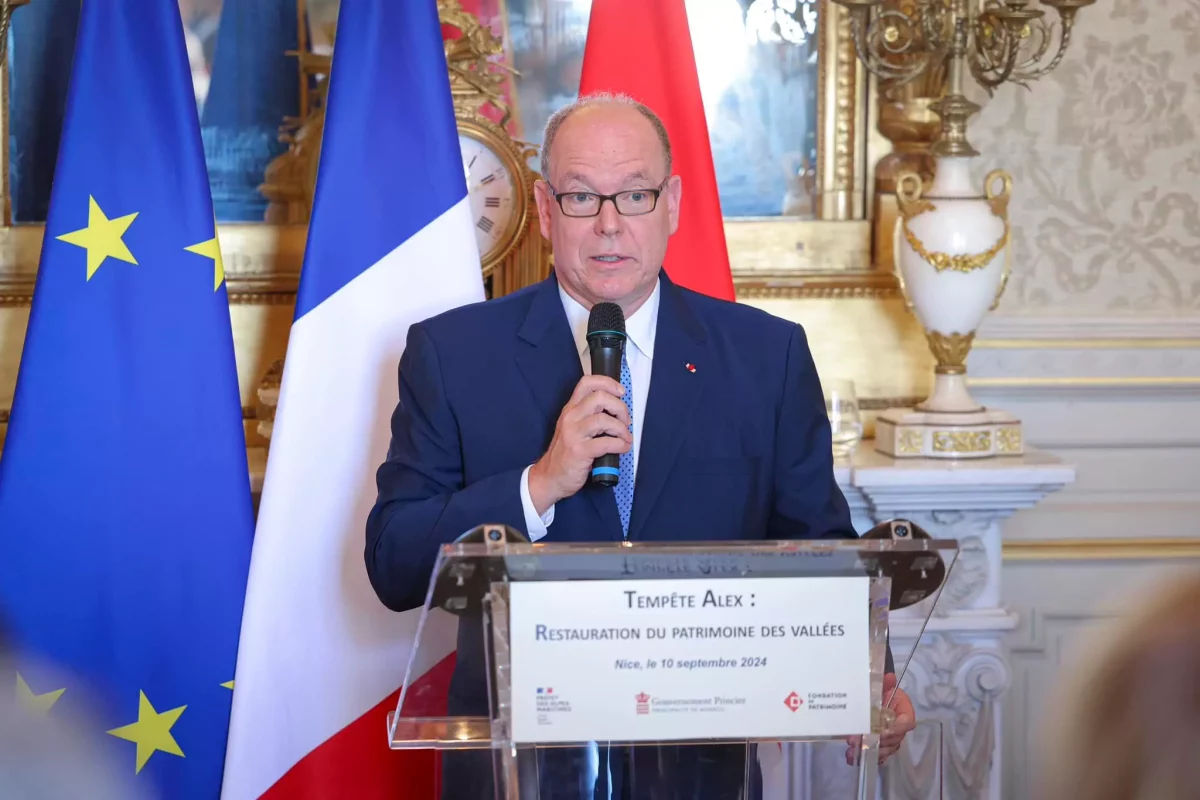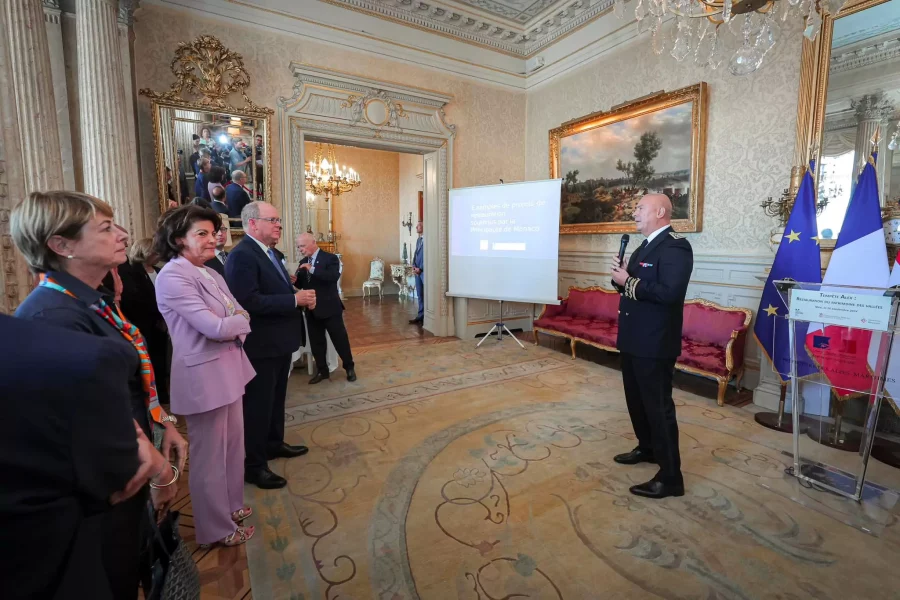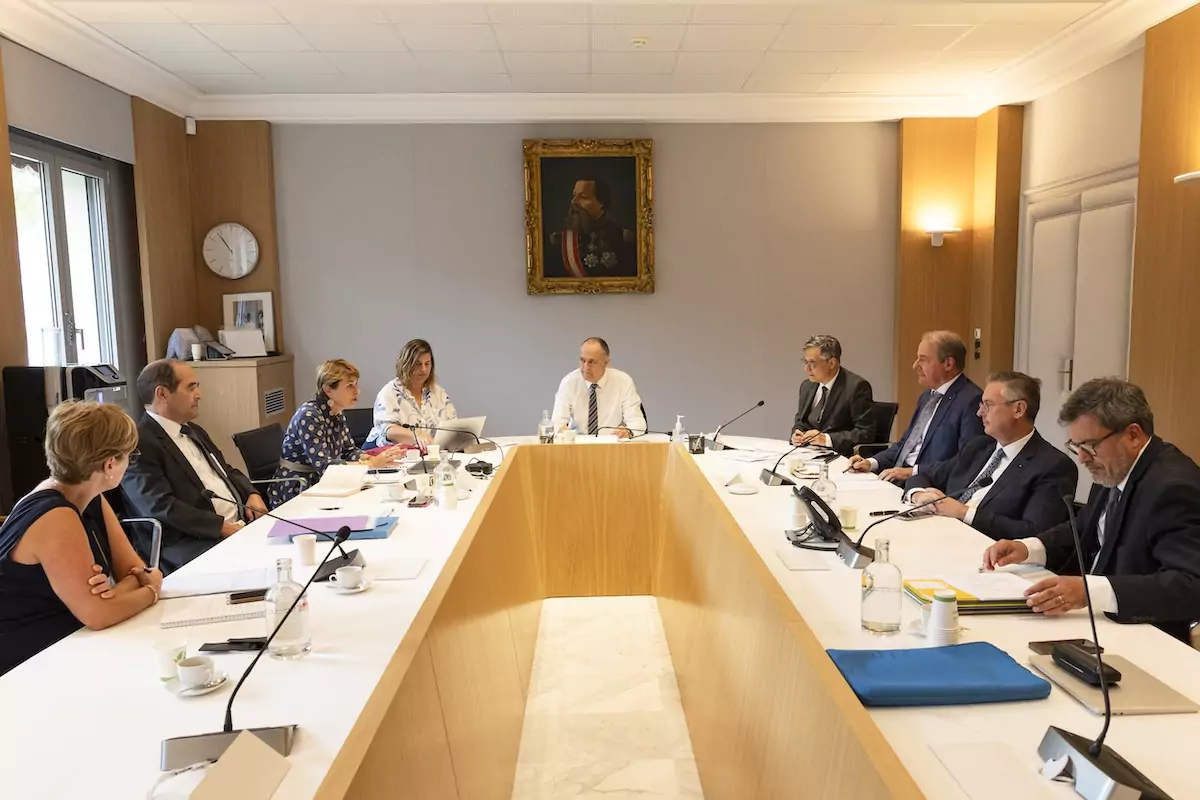Monaco’s elected representatives, the Conseil National, have gone public with a statement deploring the SNCF’s handling of the incoming train line disruptions to the Principality, which will see all trains between 9pm and 6am cancelled on five nights per week for the next nine months.
Earlier this month, the SNCF made the surprise announcement that all train services between Nice and Ventimiglia, and between the hours of 9pm and 6am, will be cancelled from Sunday through Thursday for the next nine months, starting from 15th September.
The Monaco Government responded promptly to the announcement, calling for an urgent meeting with railway heads to find a solution to the disruptions, which are likely to be substantial. This response has been approved by the Conseil National – the National Council in English – but the elected body has also gone further in its reaction to the news.
“Following the government press release, which stated that it was ‘deeply shocked to read that the trains would no longer stop in Monaco’, the Conseil National deplores the lack of participation [by the SNCF in this matter] and notes with satisfaction the reaction of the Minister of State, who is requesting an emergency meeting with SNCF Réseau and the Région Sud,” reads a statement published by the Conseil National on social media on 12th September. “The Conseil National deplores the lack of consultation and demands the implementation of a replacement [travel] plan.”
PRIOR KNOWLEDGE OF PLAN?
Though the Conseil National says it appreciates the efforts made by the government, the post appears to question whether there was more prior knowledge about the plans than has been disclosed.
“First of all, the elected officials question the total absence of prior consultation between the government and its interlocutors at the SNCF and with the Région Sud,” says a spokesperson for the Conseil National. “According to SNCF Réseaux procedures, the planning of works that interrupt the traffic of a railway line takes place well in advance of the construction site, during which a consultation phase occurs, which is entirely absent in the current situation.”
SUGGESTIONS
The elected body has proposed a slew of solutions, including a complete review and revision of the plans, the implementation of a substitute transport system and the suspension of work during major event dates in Monaco.
The situation will also be discussed by the Conseil’s President, Thomas Brezzo, with the mayors of nearby French municipalities at a future meeting.
To read the statement in full, click here.
View this post on Instagram
Read related:
Upgrades to local train lines to impact services between Nice and Ventimiglia for nine months
Monaco Life is produced by real multi-media journalists writing original content. See more in our free newsletter, follow our Podcasts on Spotify, and check us out on Threads, Facebook, Instagram, LinkedIn and Tik Tok.
Photo by Monaco Life
